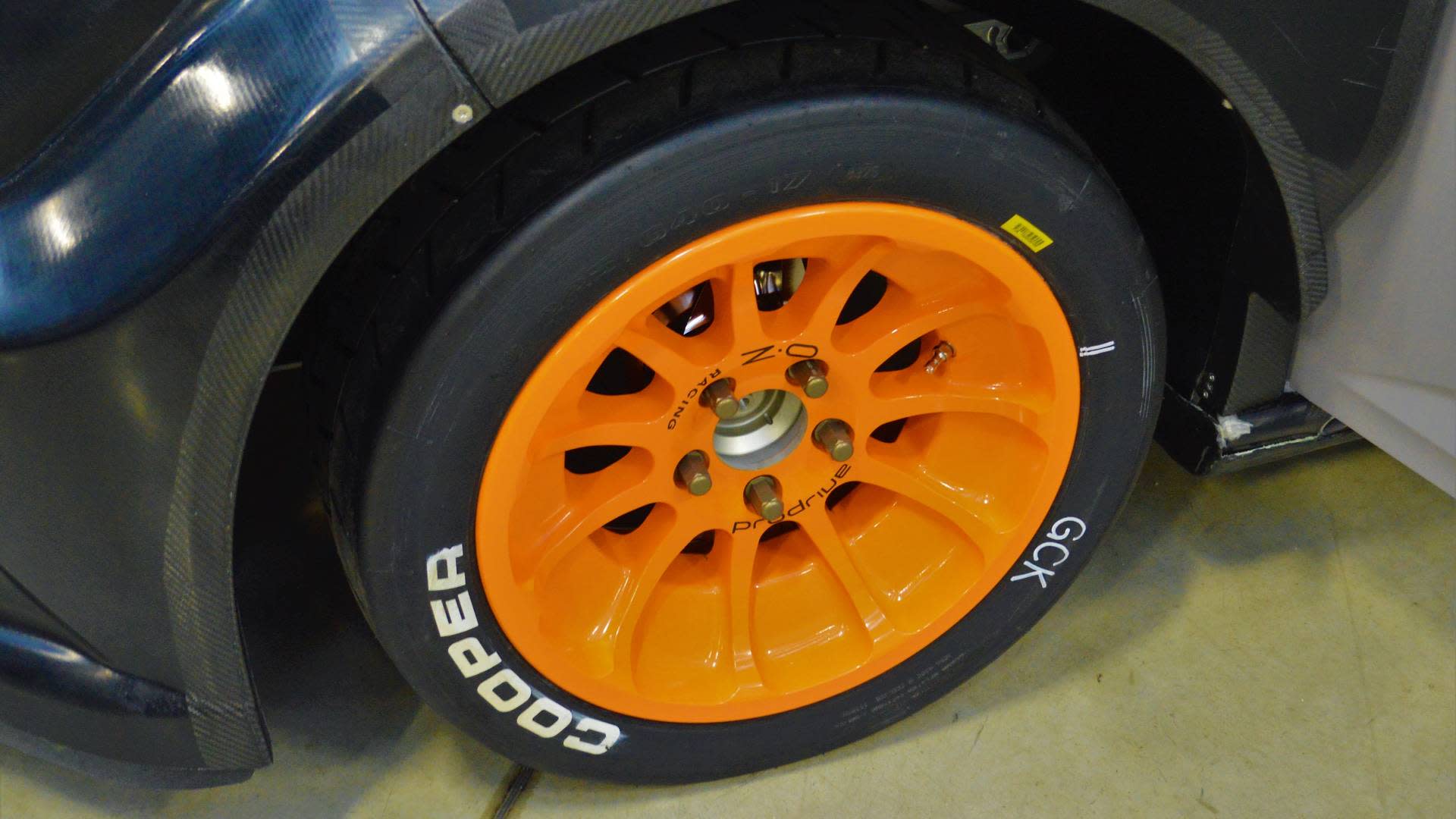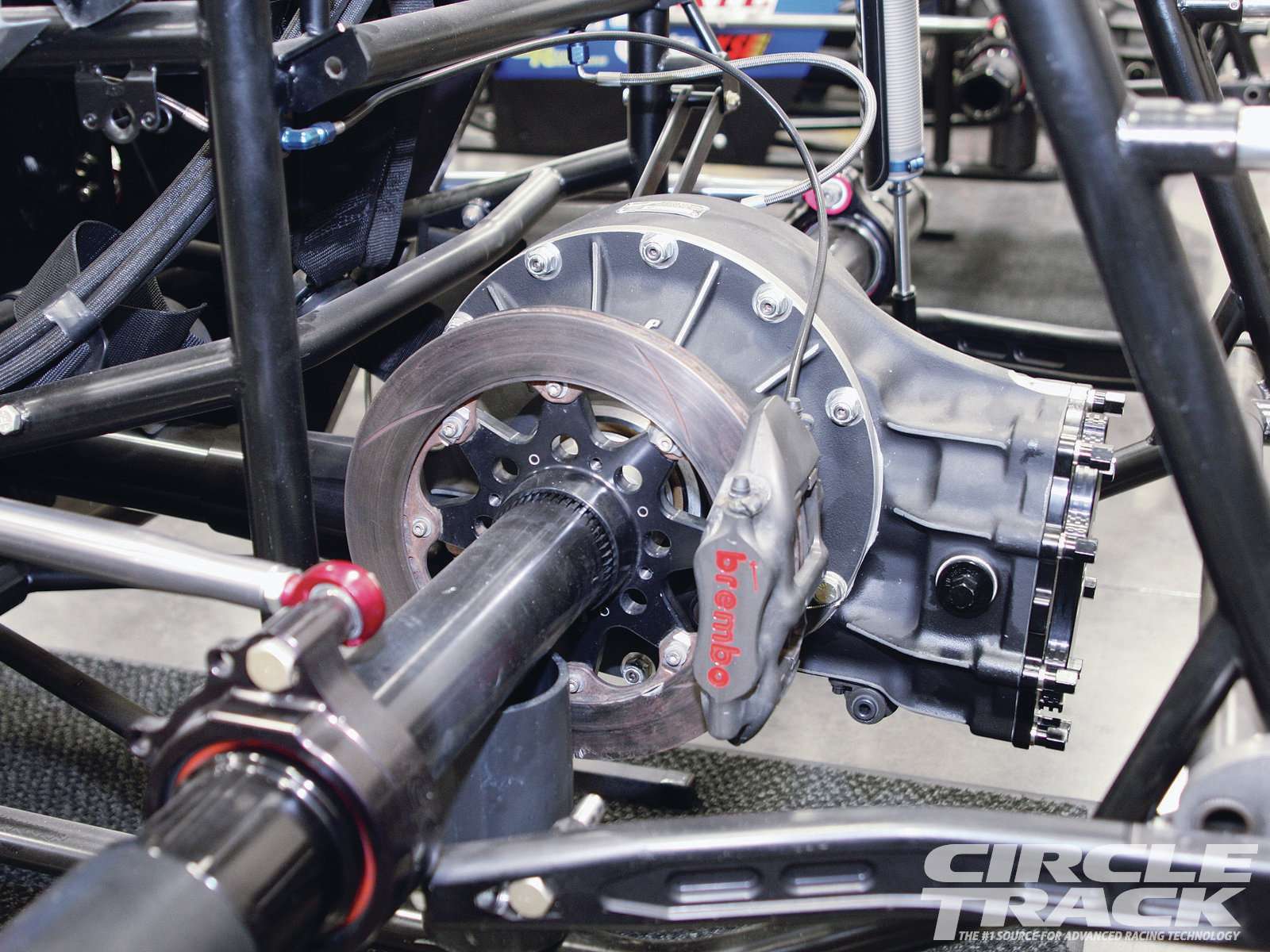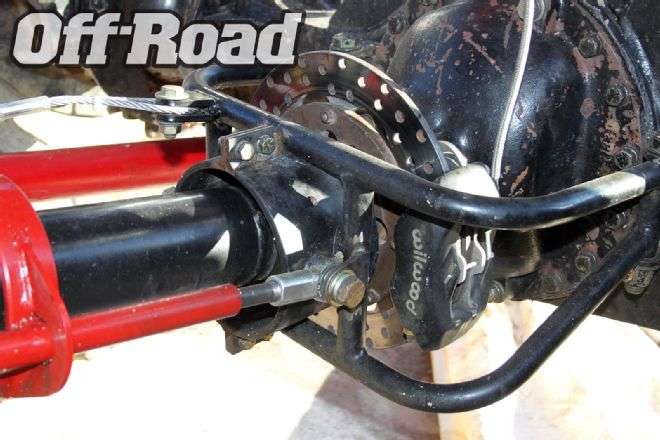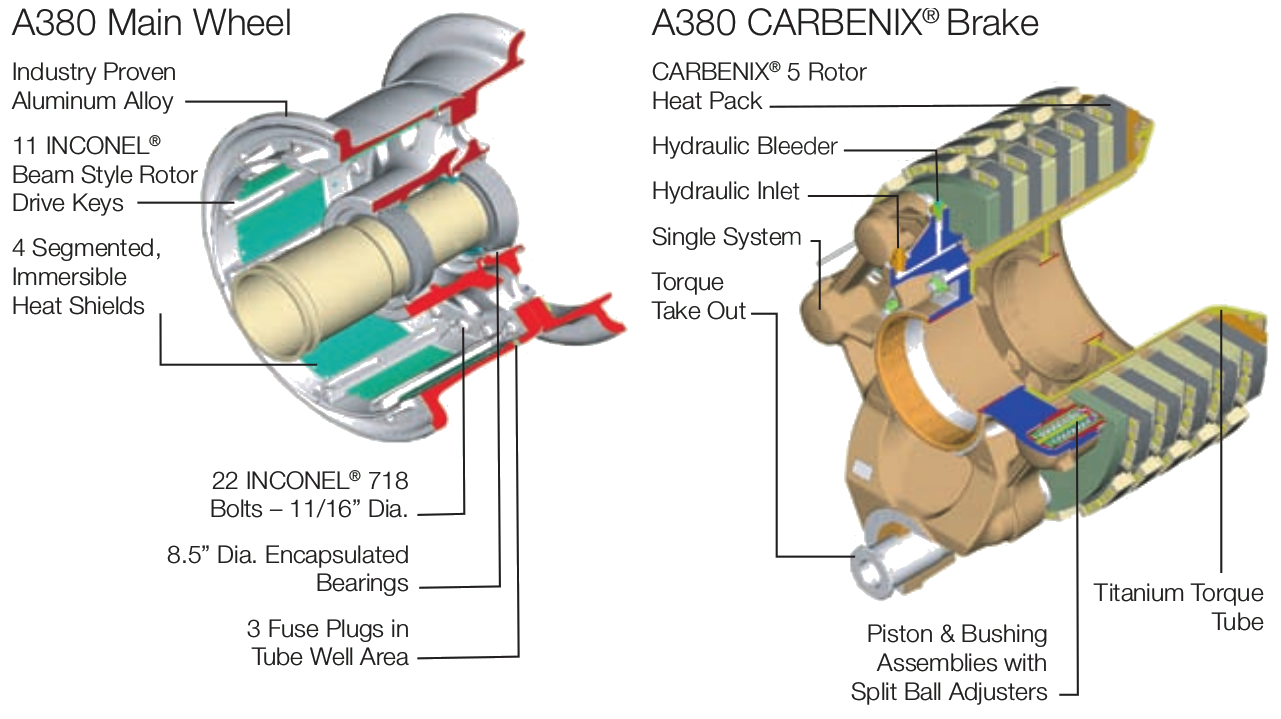Tim.Wright wrote: ↑14 Aug 2018, 18:31
Brake torques are generally much more than acceleration torques so the driveshafts will need to be much bigger. I think overall it will bring a pretty decent weight and aerodynamic penalty giving all the repacking you'd have to do to get the brakes cooled in an inboard position.
max acceleration torque will in a non-DF race car or performance road car be equal to max brake torque
the W196 (originally or throughout) etc had inboard brakes ? (not unrelated to its underlying 4wd-capable layout ?)
and the Vanwall and early Lotus
similarly the gas turbine Lotus ? (turbines needing 4 wd for motoring against the brakes to keep the engine 'on the cam')
the F1 BRM c 1959-60 used a single inboard brake (on the' prop' shaft) to the rear of the final drive casing
one of these cars became the Le Mans Rover gas turbine
in those days suspension rates were becoming relatively low and low unsprung mass was becoming attractive
now in F1 the tyre is doing much of the suspension's job (and the suspension is doing much of the aero's job)
so outboard brakes mass is as much sprung as unsprung in F1
not so the road car
presumably if the turbine cars had caught on they would now have a giant MGU-K thing
exactly the kind of vehicle the current F1 rules are trying to prevent
there was a thread 'Are inboard brakes allowed ?' started 9 Oct 2008









